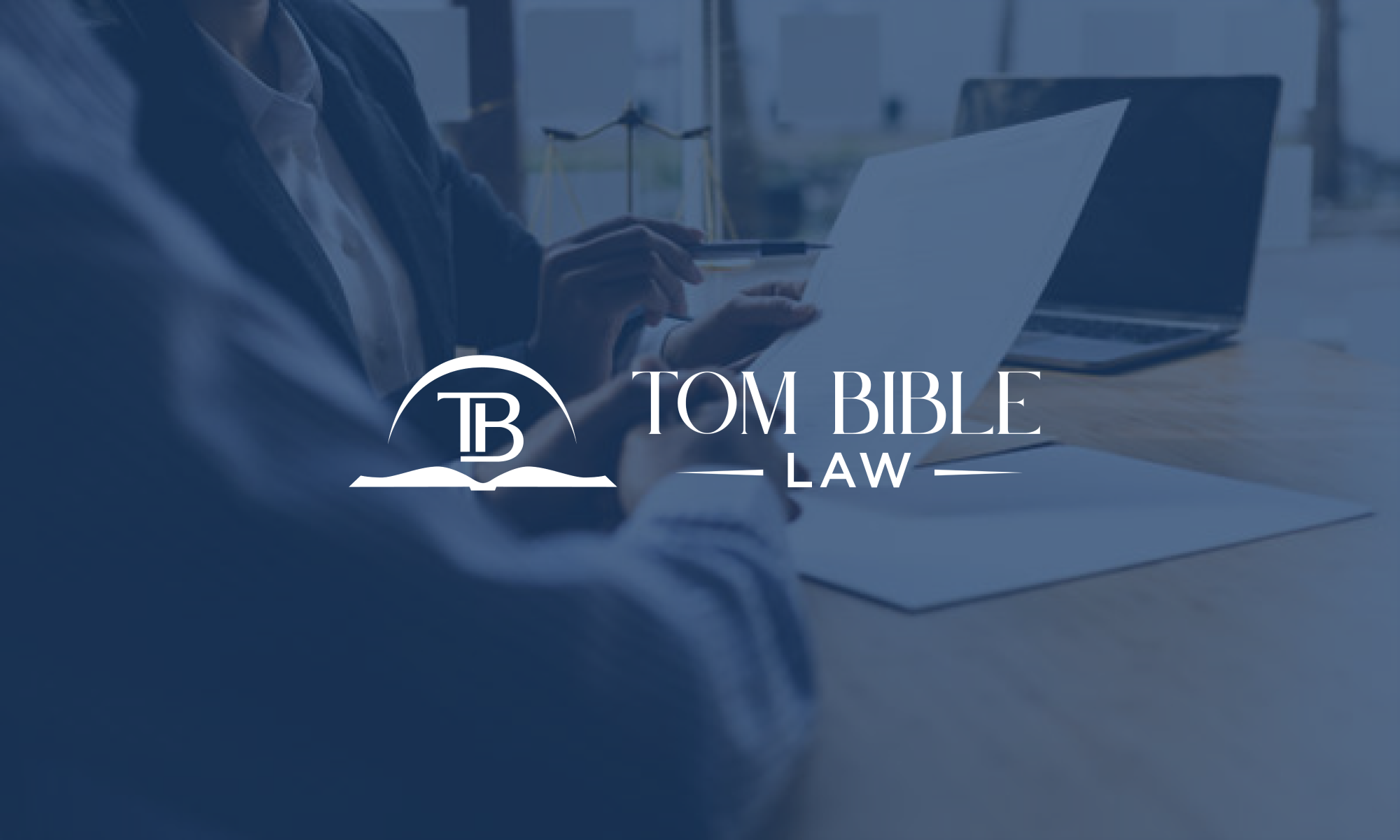When a business owner files for Chapter 7 bankruptcy in Tennessee, things can feel overwhelming quickly. One term that often comes up is “exemptions.” But what does that really mean in a commercial context? Most people associate exemptions with personal bankruptcy, but there are some critical things to understand when it comes to businesses.
Chapter 7 Bankruptcy Basics for Business Owners
When a business files for Chapter 7 bankruptcy, it means the company is shutting down and liquidating its assets. This isn’t a reorganization or a second chance like Chapter 11 might be. It’s the end of the road, financially speaking, for that business. The bankruptcy trustee steps in, sells off whatever assets are available, and uses that money to pay creditors as much as possible.
Now, here’s the catch. If you’re a sole proprietor, things get a little more personal. Your business isn’t separate from you legally, so your personal assets may also be at stake. That’s where Tennessee’s exemption laws start to play a really important role.
The Purpose of Exemption Laws
Exemption laws exist to protect certain property from being taken by creditors during bankruptcy. They’re there to give individuals a fair shot at starting over instead of leaving them completely empty-handed. Even in a commercial setting, if you’re filing as a sole proprietor or as an individual with business debts, these exemptions can make a big difference in what you get to keep versus what gets liquidated.
How Exemptions Apply to Business Bankruptcies
In a traditional business Chapter 7 filing, where the company is a corporation or LLC, exemptions don’t really come into play. These businesses are separate legal entities, and they don’t get exemption protections. The bankruptcy trustee sells off everything the business owns, and that’s that.
But if you’re a sole proprietor or even a general partner, the situation changes. Since you are the business, your personal property may be on the table, which, when understanding Tennessee’s exemption laws, becomes essential. What you can protect depends on how your business assets overlap with your assets and whether you’ve listed those items properly on your bankruptcy schedules.
Tennessee’s Homestead Exemption
Let’s start with one of the most important exemptions for many people: the homestead exemption. In Tennessee, you can protect a certain amount of equity in your primary residence. If you have minor children living with you, that number can jump significantly. And for individuals who are older or permanently disabled, the exemption can go even higher.
Why does this matter for business owners? If you took out a home equity line to fund your business or put your house up as collateral for a business loan, your home could be at risk. The homestead exemption might be the only thing standing between you and losing the roof over your head.
Personal Property Exemptions That Affect Business Filers
Tennessee also allows you to protect certain kinds of personal property, which is important if you use your items in the business. For example, you can exempt personal property, which can include anything from tools and equipment to office furniture, depending on what you need to protect. There’s also a specific exemption for tools of the trade. If you’re a carpenter, graphic designer, or mechanic, this could apply directly to the tools or equipment you rely on every day to earn a living.
Motor Vehicle Exemption
A lot of sole proprietors use their vehicles for business. If you drive for deliveries, visit job sites, or even meet clients, your car or truck might technically be a business asset. Tennessee lets you protect equity in a motor vehicle. That’s especially important if you depend on your vehicle to keep working, even after bankruptcy.
Retirement Accounts and Business Owners
Many business owners set aside money in retirement accounts, and Tennessee recognizes the importance of protecting these funds. IRAs, 401(k)s, and other qualified retirement accounts are generally protected up to a certain amount, typically under federal guidelines, since Tennessee doesn’t put a hard cap on qualified plans.
What About Cash and Bank Accounts?
Cash in hand or bank accounts at the time of filing are usually not exempt, which can be a painful part of the process. If you’re holding onto savings that you hoped to use for rent or groceries, the trustee may seize that money to pay creditors. Timing your filing can help with this, but that’s where having a good bankruptcy attorney becomes vital.
Planning Ahead and Timing Your Filing
A smart approach to bankruptcy starts with planning. That might sound odd because most people file when they’re already in deep financial trouble. But if you’re a business owner and see the writing on the wall, the timing of your filing can make a difference. Paying off secured debts or converting nonexempt assets into exempt ones, if done properly and legally, can protect more of your property.
Also, the way you list and categorize assets matters more than most people realize. The language used, the estimated values, and how well you document ownership all play a part in whether the trustee challenges your exemptions.
Get Legal Help and Protect What You Can
Tennessee’s exemption laws are complex, especially when you mix them with business assets and personal property. Chapter 7 bankruptcy is a powerful tool for walking away from crushing business debt, but only if you understand the rules. Knowing what exemptions exist and how to use them properly can mean the difference between starting fresh and starting over with nothing. Call 423-874-6628 today to schedule a free consultation with Tom Bible Law.




